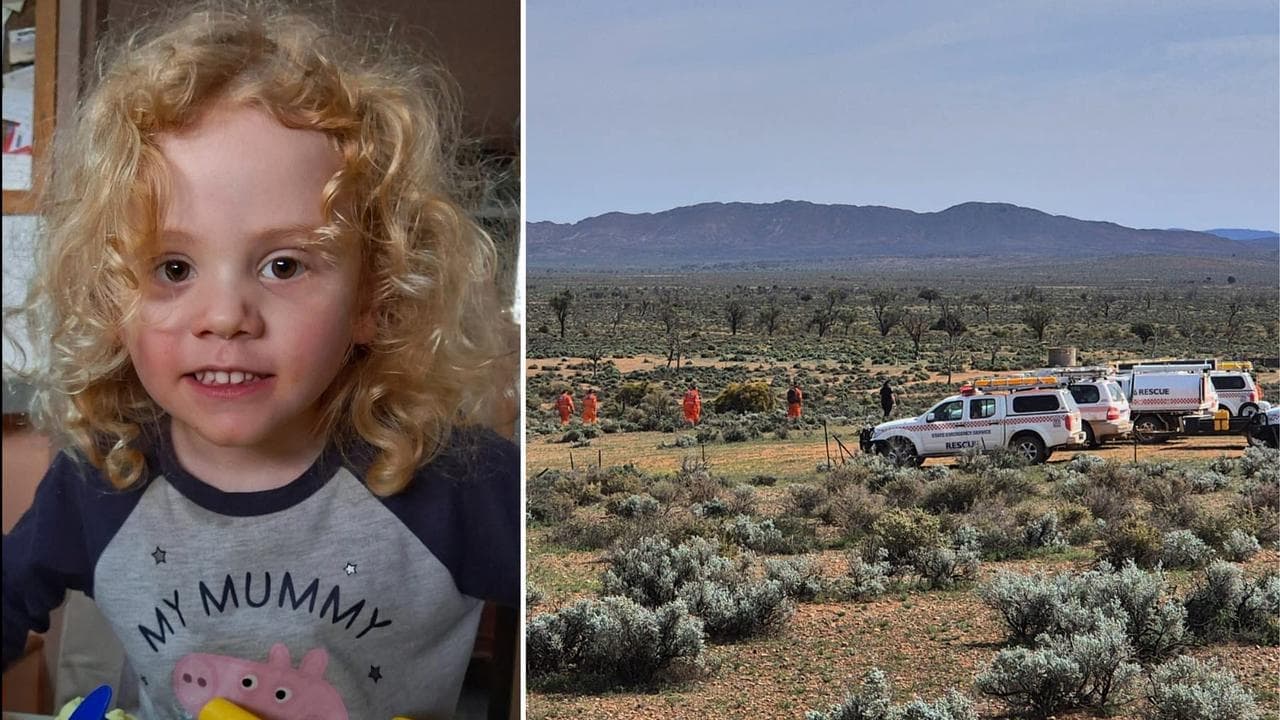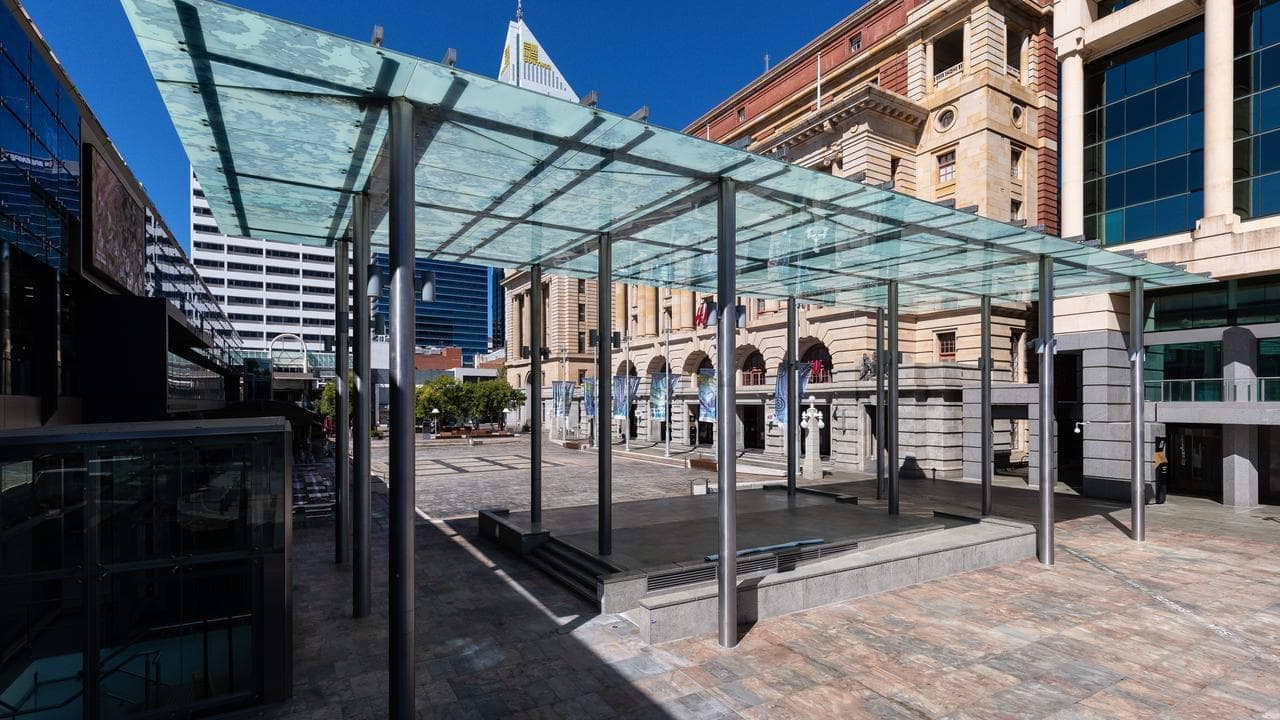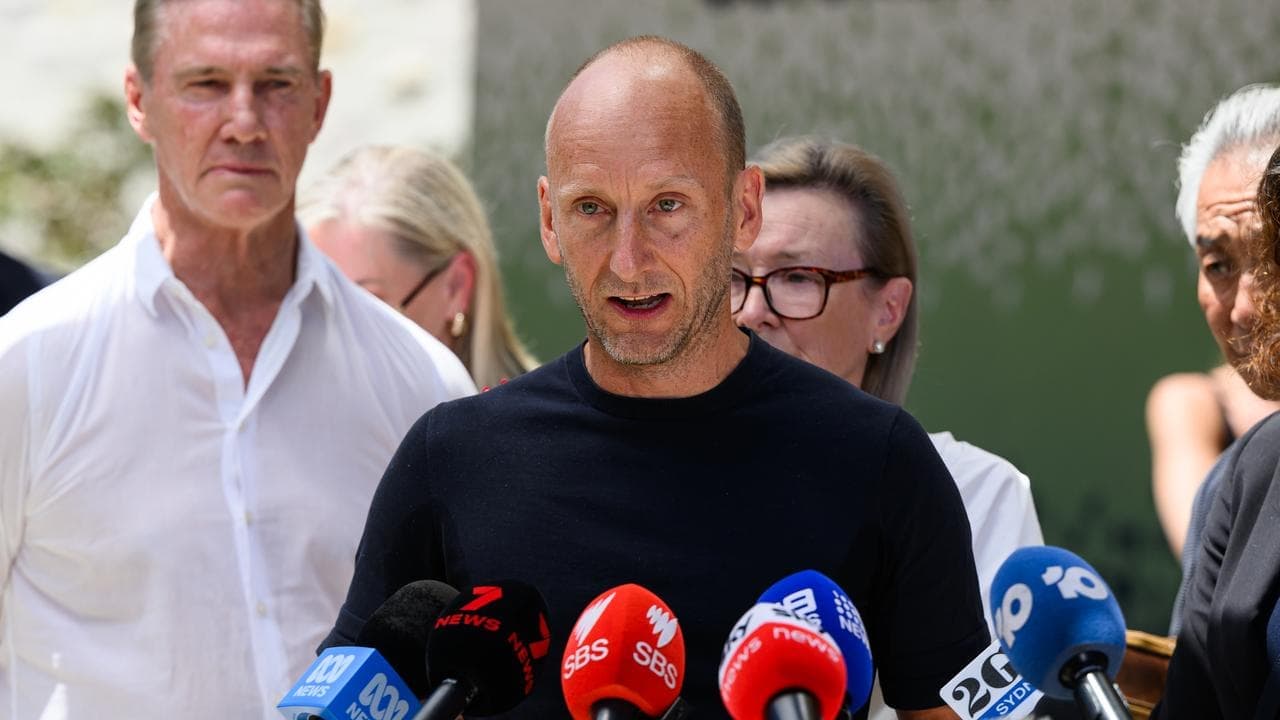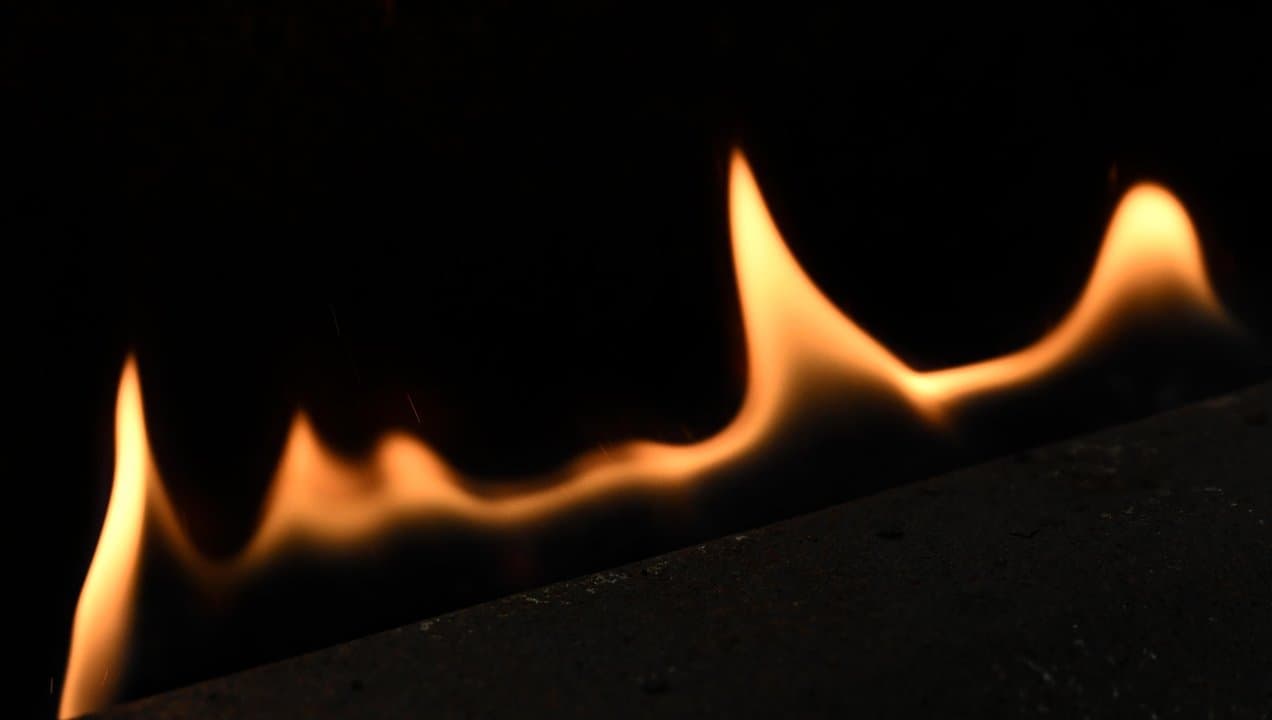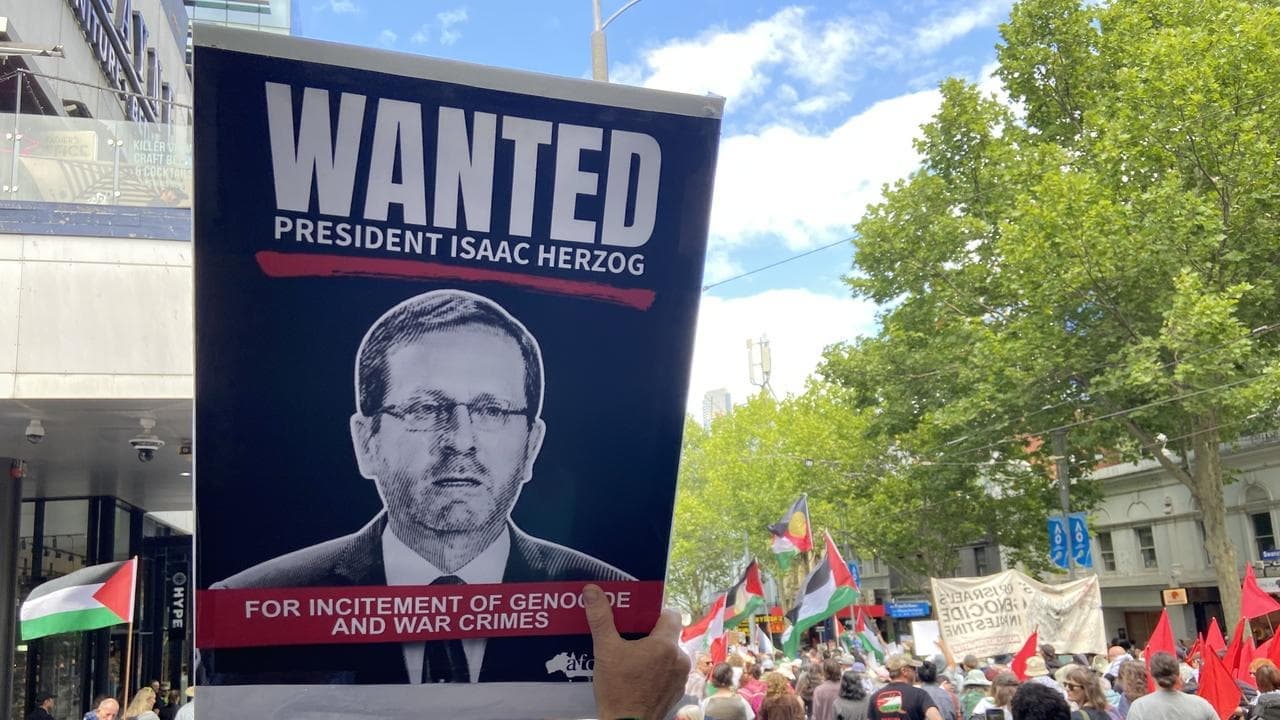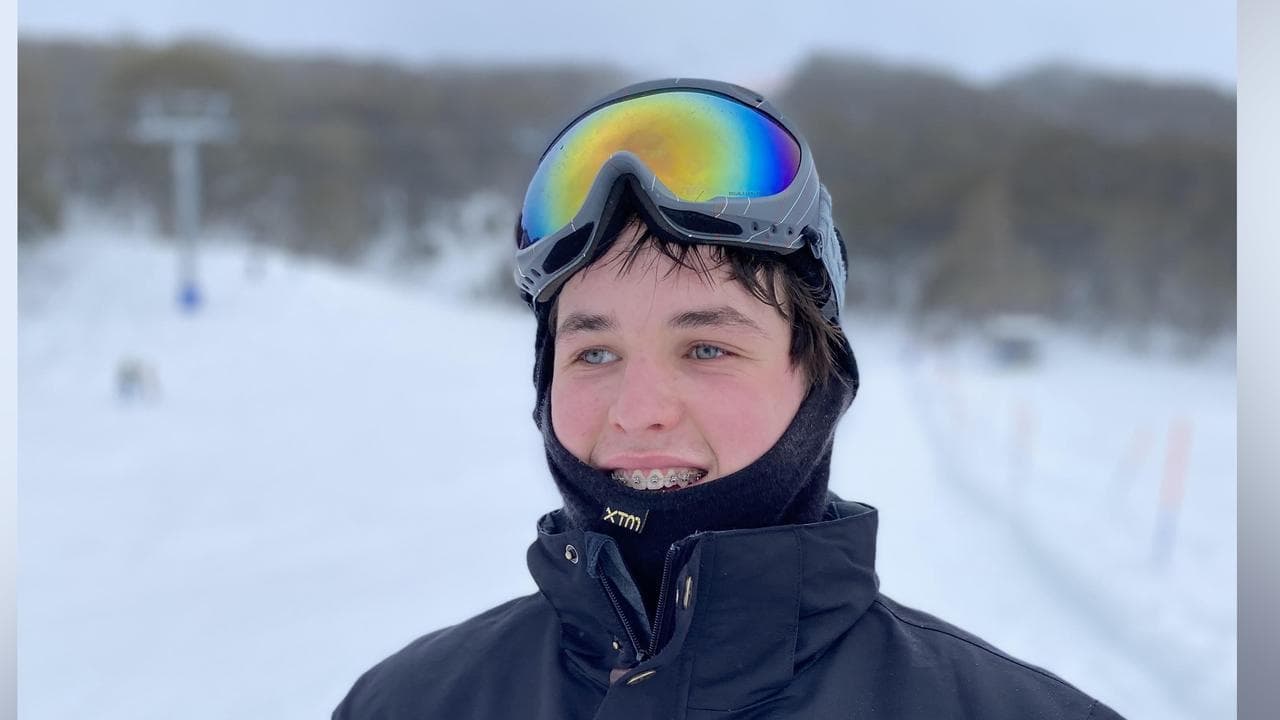WHAT WAS CLAIMED
Christians can be jailed for praying in public in NSW.
OUR VERDICT
False. General public prayer is not a criminal offence.
AAP FACTCHECK - A new law banning conversion therapy in NSW is being misrepresented online, with false claims that Christians can be jailed for engaging in public prayer.
The law protects expressions of faith, and experts said prayer is only a criminal offence when used in specific circumstances as part of a practice targeting an individual to change or suppress their sexual orientation or gender identity.
General prayer in public is not illegal under the law.

In 2024, the NSW parliament passed legislation banning conversion therapy in the state, with the law coming into effect on April 4, 2025.
The false claim appears in a Facebook post featuring the purported news headline: "Australia to Start Imprisoning Christians Who Pray in Public."
"In a stunning move, Australia's New South Wales (NSW) has enacted the, Convention Practices Ban ACT 2024, effective April 4, threatening Christians with up to five years in prison and fines of $ 100,000 for praying in public or counselling 'LGBTQA' individuals - even when such supporter (sic) is requested," the caption states.
"This law directly targets believers in Sydney and beyond who hold fast to their faith, casting a dark shadow over religious freedom."
The post is based on an article published by The People's Voice, a website frequently debunked by AAP FactCheck.
The act defines conversion therapy as a practice, treatment or sustained effort directed at an individual to change or suppress their sexual orientation or gender identity.
It outlines two circumstances where conversion practices can be classed as a criminal offence - and can result in fines and even prison sentences.
The first is when it causes substantial or life-endangering mental or physical harm, which is punishable by a maximum of five years imprisonment (part three, section five).
The second relates to when a person transports someone else outside NSW, or engages a person from outside the state, to deliver conversion therapy (part three, section six).
This is punishable by up to three years in jail or a fine.
Simon Rice, professor emeritus of law at the University of Sydney, says conversion therapy is prohibited in both these circumstances even if the person consents to it.

However, he said general prayer in public is not illegal under the act.
"Praying in public (or anywhere) can only contravene the Act when the prayer is part of a defined conversion practice and occurs in one of the two prescribed circumstances," Prof Rice told AAP FactCheck.
Prayer that is not directed to an individual also does not contravene the law, he said.
"For example, praying for God to save or condemn people because of their same sex preference is not a conversion practice as defined so is not covered by the Act."
Timothy Jones, a religion and gender researcher at La Trobe University, said the headline in the Facebook post was "profoundly misleading."
"The Act specifically mentions that prayer, and other expressions of religious belief, are not a conversion practice and hence excluded from the Act as long as they are 'not part of a practice, treatment or sustained effort, directed to changing or suppressing an individual's sexual orientation or gender identity'," he told AAP FactCheck.
Discussions between parents and children related to sexuality, gender identity and religion are also protected under the act.
Prof Rice explained that if a conversion practice does not involve either of the two aforementioned circumstances, action could still be taken through the civil courts.
He said a complaint could be issued to Anti-Discrimination NSW and the matter could end up in the NSW Civil and Administrative Tribunal.
An injunction may then be issued and there could even be an order for damages.
However, it would only be a criminal offence if it caused substantial or life-endangering mental or physical harm or if a person transports someone else outside NSW, or engages a person from outside the state, to deliver the conversion therapy.
AAP FactCheck is an accredited member of the International Fact-Checking Network. To keep up with our latest fact checks, follow us on Facebook, Instagram, Threads, X, BlueSky, TikTok and YouTube.







